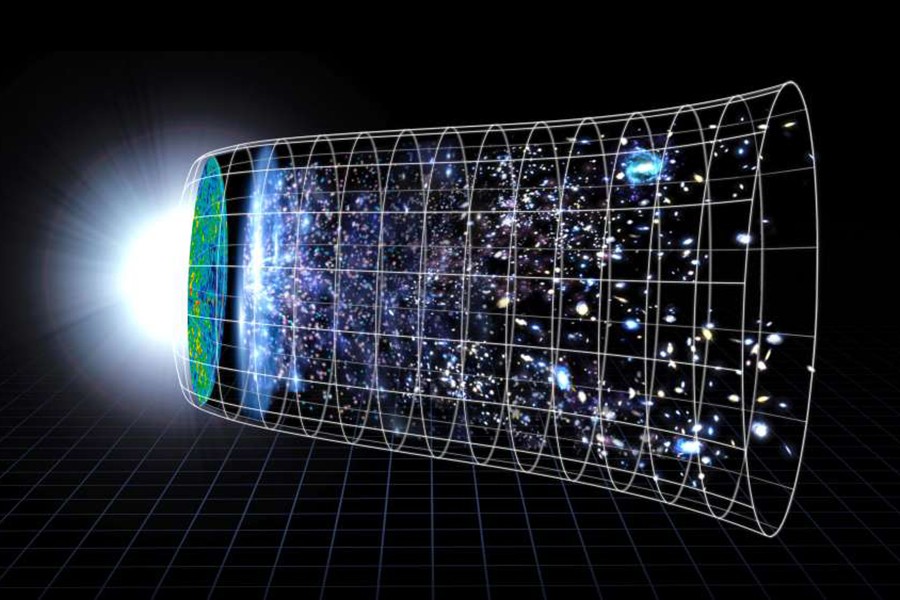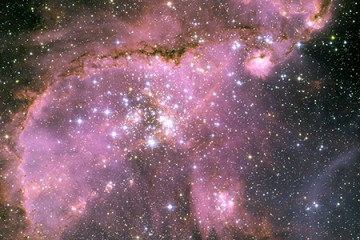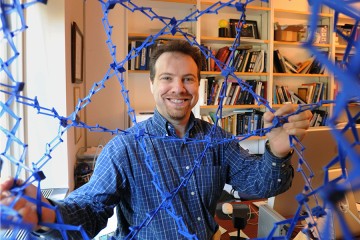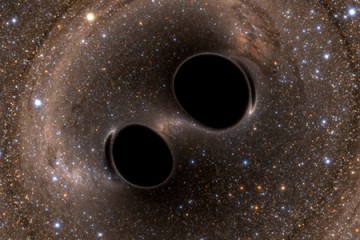We know that the universe is expanding. And thanks to the work of Johns Hopkins astrophysicist Adam Riess, we know the rate of expansion is accelerating.
But scientists have long puzzled over why different methods of measuring the expansion rate—called the Hubble Constant—yield different results.
BBC News reports that Riess, a Bloomberg Distinguished Professor who shared the 2011 Nobel Prize in physics with two other scientists for their discovery of the increasing expansion rate, recently suggested at the 231st American Astronomical Society meeting in National Harbor that the rate deviation could be caused by two possible phenomena: the existence of the yet-undetected particle called a sterile neutrino, or the discovery that dark matter doesn't behave as expected.
"One promising way [of explaining the discrepancy] is if we don't have dark matter be so perfectly 'collision-less' but it could interact with radiation in the early universe," Riess said.
Riess uses NASA's Hubble Space Telescope to measure distant supernovae to calibrate the distance of space. This method of calculating the Hubble Constant, called the "cosmic ladder approach," yields different results when compared to a method of measurement that relies on the Cosmic Microwave Background—the afterglow of the Big Bang—that is measured by spacecraft.
He adds that the data suggest the universe is expanding 9 percent faster than expected.
More from BBC News:
Read more from BBC NewsThe gap between the two [measurements] is now at a confidence level of about 3.4 sigma. The sigma level describes the probability that a particular finding is not down to chance. For example, three sigma is often described as the equivalent of repeatedly tossing a coin and getting nine heads in a row.
A level of five sigma is usually considered the threshold for claiming a discovery.
However, Prof Riess said that at the three sigma level "this starts to get pretty serious I would say."
Posted in Science+Technology, Voices+Opinion
Tagged adam riess, astrophysics











